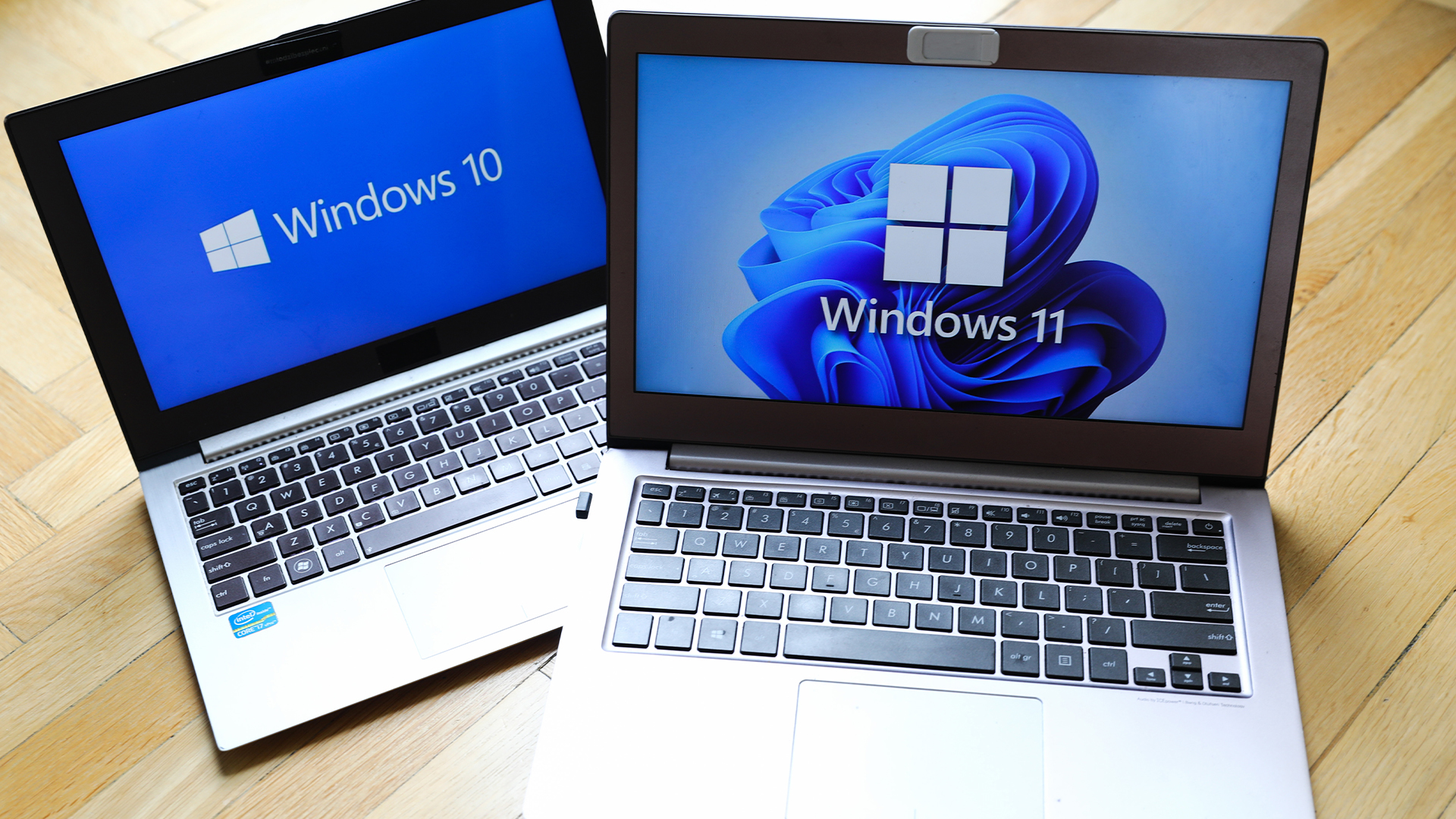Has Linux gained too much weight?
Linus Torvalds is unhappy with just how big Linux is getting. Is he onto something or is it just a load of hot air?


"As vendors and users seek wider and deeper placements of Linux in the IT infrastructure, and new hardware features demand OS support, an OS will inevitably expand," he said.
Size zero software
However, fellow Gartner analyst, Rene Millman, agrees with Torvalds that an OS doesn't need to be overcrowded.
He said: "It would seem odd for a modern operating system to become ever bigger. Vista proved that people didn't want an OS that came with the kitchen sink and now with the release of Windows 7 and the recent launch of Snow Leopard, we are now seeing a return to 'minimalist' operating systems."
"With functionality and applications moving to the cloud and netbooks becoming ever more popular, there is no real need for an OS that does everything."
Indeed, Apple has adopted a similar approach, serving up its latest Leopard operating system as more of an update than an all-singing, all-dancing full-blown release, according to IT PRO's technology editor Benny Har-Even.
"After years of being accused of producing weighty overblown operating systems, culinating in the much maligned Vista, Microsoft took note and spent a lot of time and effort ensuring Windows 7 was more nimble on it's feet, so much so that it can even be used on netbook," he said.
Sign up today and you will receive a free copy of our Future Focus 2025 report - the leading guidance on AI, cybersecurity and other IT challenges as per 700+ senior executives
"Apple had less of an issue to address with Snow Leopard but with its latest update it has stripped out unnecessary drivers to save GBs of disk space and honed the interface to make Mac OS X slicker than ever."
So is there a diet plan that Linux could go on to get back to its former slender self?
"Of course, there are ways to introduce code efficiently versus poor coding practices that produce unwanted bloat of negligible value and negative consequences in performance," added Weiss.
"There have been alternatives to reducing unwanted feature code and optimising performance such as deploying the applications as an appliance."
But a modular OS is the key in Weiss' opinion.
"The greater the modularity in the kernel design, the greater the flexibility to optimise OS size to configurations," he said.
"This is where the Linux kernel developers should focus to complement the IT architects and systems administrators in configuring standard optimised configurations matched to the server application roles."
Jennifer Scott is a former freelance journalist and currently political reporter for Sky News. She has a varied writing history, having started her career at Dennis Publishing, working in various roles across its business technology titles, including ITPro. Jennifer has specialised in a number of areas over the years and has produced a wealth of content for ITPro, focusing largely on data storage, networking, cloud computing, and telecommunications.
Most recently Jennifer has turned her skills to the political sphere and broadcast journalism, where she has worked for the BBC as a political reporter, before moving to Sky News.
-
 Windows 10 extended support costs could top $7 billion
Windows 10 extended support costs could top $7 billionNews Enterprises sticking with Windows 10 after the October deadline face huge costs
-
 Tiny11 review: Windows 11 with only 2GB of RAM
Tiny11 review: Windows 11 with only 2GB of RAMReview A version of Windows 11 for older machines that don't meet the full requirements
-
 Red Hat Enterprise Linux becomes foundational operating system for Cohesity Data Cloud
Red Hat Enterprise Linux becomes foundational operating system for Cohesity Data CloudNews New strategic partnership between Red Hat and Cohesity aims to drive innovation in the data security and management space
-
 Ubuntu shifts to four-week update cycle
Ubuntu shifts to four-week update cycleNews Critical fixes will also come every two weeks, mitigating the issues involved with releasing prompt patches on the old three-week cadence
-
 AlmaLinux follows Oracle in ditching RHEL compatibility
AlmaLinux follows Oracle in ditching RHEL compatibilityNews Application binary compatibility is now the aim with 1:1 now dropped
-
 How big is the Windows 10 cliff-edge?
How big is the Windows 10 cliff-edge?ITPro Network With some comparing the upcoming Windows 10 end of life to Windows XP, we ask members of the ITPro Network for their insight
-
 Everything you need to know about the latest Windows 11 updates - from bug fixes to brand-new features
Everything you need to know about the latest Windows 11 updates - from bug fixes to brand-new featuresNews Two new cumulative updates are on the way and will be installed automatically on Windows 10 and Windows 11 machines
-
 How to download a Windows 11 ISO file and perform a clean install
How to download a Windows 11 ISO file and perform a clean installTutorial Use a Windows 11 ISO to install the operating system afresh


